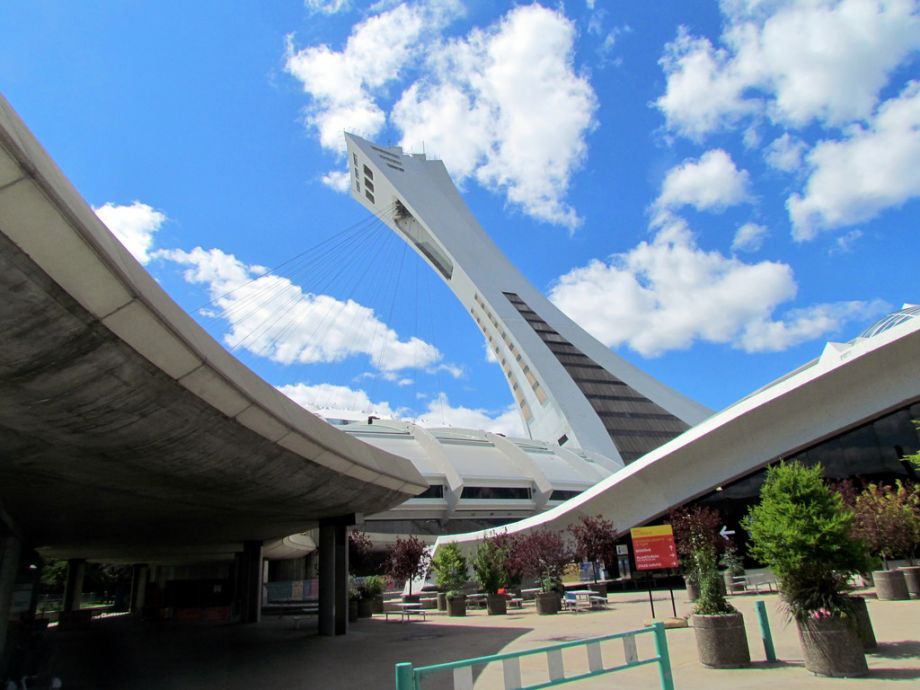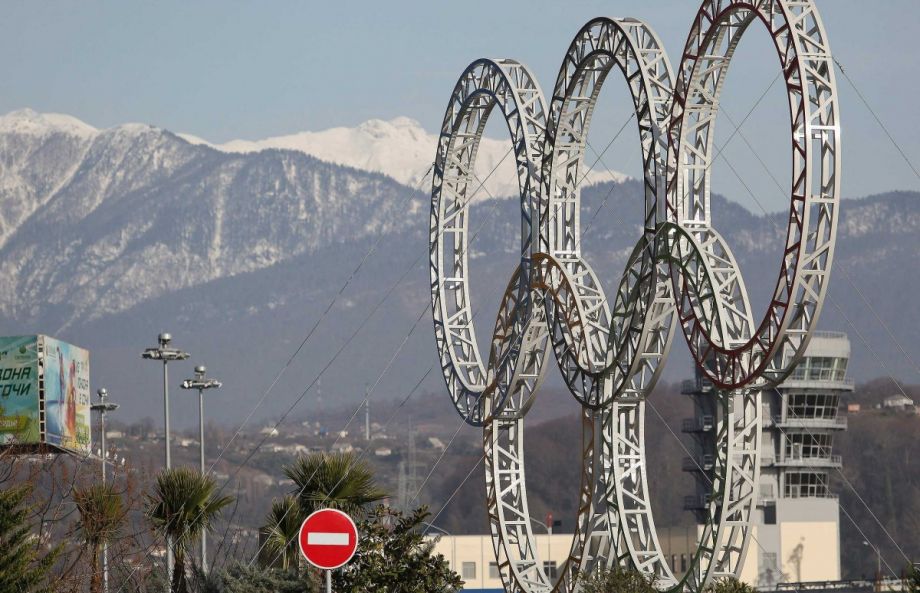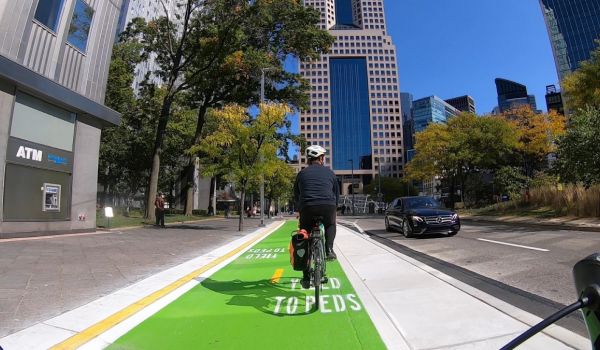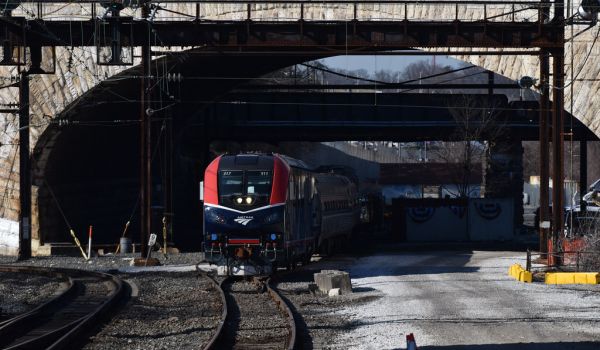Four years before Nagano, Japan was to host the 1998 Winter Olympics, journalist Ben Hills traveled to the site designated as the geographical center of the games. What he found there shocked him: “There is not a piece of machinery in sight, not a sign, not even a fence marking the spot,” he wrote. How could this possibly be the place where hundreds of thousands would converge for one of the world’s biggest sporting events?
The answer is, it wasn’t. Not really, because the Nagano Olympics were, in reality, a regional Olympics, in which some events were held in other cities more than 90 minutes away. It wasn’t the first time the games had spread out over a vast area — the 1992 Winter Olympics in Albertville, France took place across a swath of about 650 square miles. Only two events, figure skating and speed skating, actually went down in Albertville proper. The rest were held at sites up to two hours away from the official host city.
Both of those games had their ups and downs — more on that in a minute — but as costs spiral upward and the games balloon in scope, it raises an intriguing question: Why not have a “regional” Olympics?
As it turns out, the idea has been floated before, most recently by former New York governor George Pataki, who wanted to bring the Olympics back to Lake Placid in the early 2000s. Lake Placid has hosted the games twice, most recently in 1980. These days, with the Olympics super-sized into lumbering $50 billion spectacles, it’s conventional wisdom that a small mountain town of 2,500 has virtually no chance of launching a successful bid when competing against the outsized ambitions of a Beijing or London. “The games have outgrown our tiny resort town in the last 34 years,” read a wistful editorial in the Adirondack Daily Enterprise last week. “Our 1980 event has been heralded as the last small-town Olympics.”
But Pataki and local boosters believed that needn’t be the case. Their idea was to partner Lake Placid with another nearby medium-sized city like Albany or Plattsburgh, N.Y. Even Montreal was suggested as a partner. Located two hours to the north, Quebec’s largest city is a gateway to Europe and had hosted the Olympics (albeit somewhat disastrously) in 1976. The idea never got out of the speculative stages — Canada was focused on Vancouver’s upcoming 2010 games, and New York City had launched a bid of its own for 2012.

Olympic Park in Montreal, which hosted the games in ’76. Photo credit: bobistraveling via Flickr
Still, the idea of not only a regional Olympics but the world’s first trans-national Olympics proved intoxicating enough that in 2003, Quebec and New York state agreed to try again in the future. That bid hasn’t materialized yet, but there’s no reason to think that it won’t someday. “It’s down the road,” Pataki said, “but we’ll have an excellent chance of doing it again.”
In this age of interconnected megalopolises, is a bid for, say, the Columbus-Cincinnati-Indianapolis Summer Games so far-fetched? Taking the burden off a single city has obvious merits as each subsequent Olympics grows bigger and more unwieldy than the last, leaving a cloud of debt and underused stadiums in its wake. The New York Times ran a story this week about how the stresses of Olympic cheer in Sochi are causing all sorts of havoc in the city’s surrounding towns. Spreading that burden to two or more cities could diffuse some of the impact, as well open up the process to smaller cities and generate the kind of inter-city infrastructure that, without the Olympics, would never get off the ground.
It was the Olympics, after all, that pushed Beijing to accelerate its subway construction ambitions. The bullet train that runs from Tokyo to Nagano was built for those games. These kinds of infrastructure-building bonanzas have come to define the Olympics, and using that enthusiasm to create permanent links between major cities is a heady thought for transit advocates.
The concept faces major hurdles, of course. Nagano prepared diligently for its logistical challenge with 900 buses to shuttle around 60,000 athletes, officials and journalists. Even so, the low-speed, two-lane roads created significant traffic problems. In Albertville, some critics felt that the multi-city dynamic took away from the spirit of the games. Britain’s Daily Telegraph reported that the sense of global conviviality “was lost on the wind. Competitors, from Switzerland to Senegal, complained about the lack of atmosphere.”
As it stands, it’s against the rules for a region to bid on the games. A single city must be declared the host, even if the events themselves occur over a wide area. But at Albertville in 1992, Juan Antonio Samaranch, then-president of the International Olympic Committee, told the Christian Science Monitor that he thought a truly regional Olympics would materialize someday: “We are envisioning the possibility of holding future games in several regions or even in more than one country, but with one city given overall responsibility for the project.”
The notion seems even more apt today than it was back then, with the world ever-more technologically linked and spectators viewing the games wherever and whenever they feel like pulling out their phone. As a sports reporter for the Times of London wrote at the time, “The fulfillment of Samaranch’s prediction… will mean a simultaneous but separate gathering of world championships, linked only by television.”

Will Doig was formerly Next City’s international editor. He's worked as a columnist at Salon, an editor at The Daily Beast, a lecturer at the New School, and a communications staffer at the Open Society Foundations. He is the author of High-Speed Empire: Chinese Expansion and the Future of Southeast Asia, published by Columbia Global Reports.
















